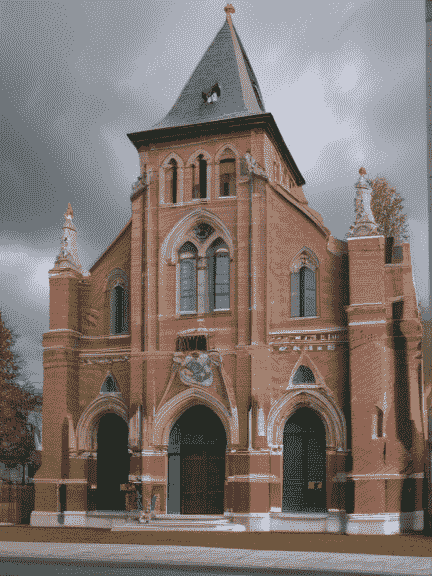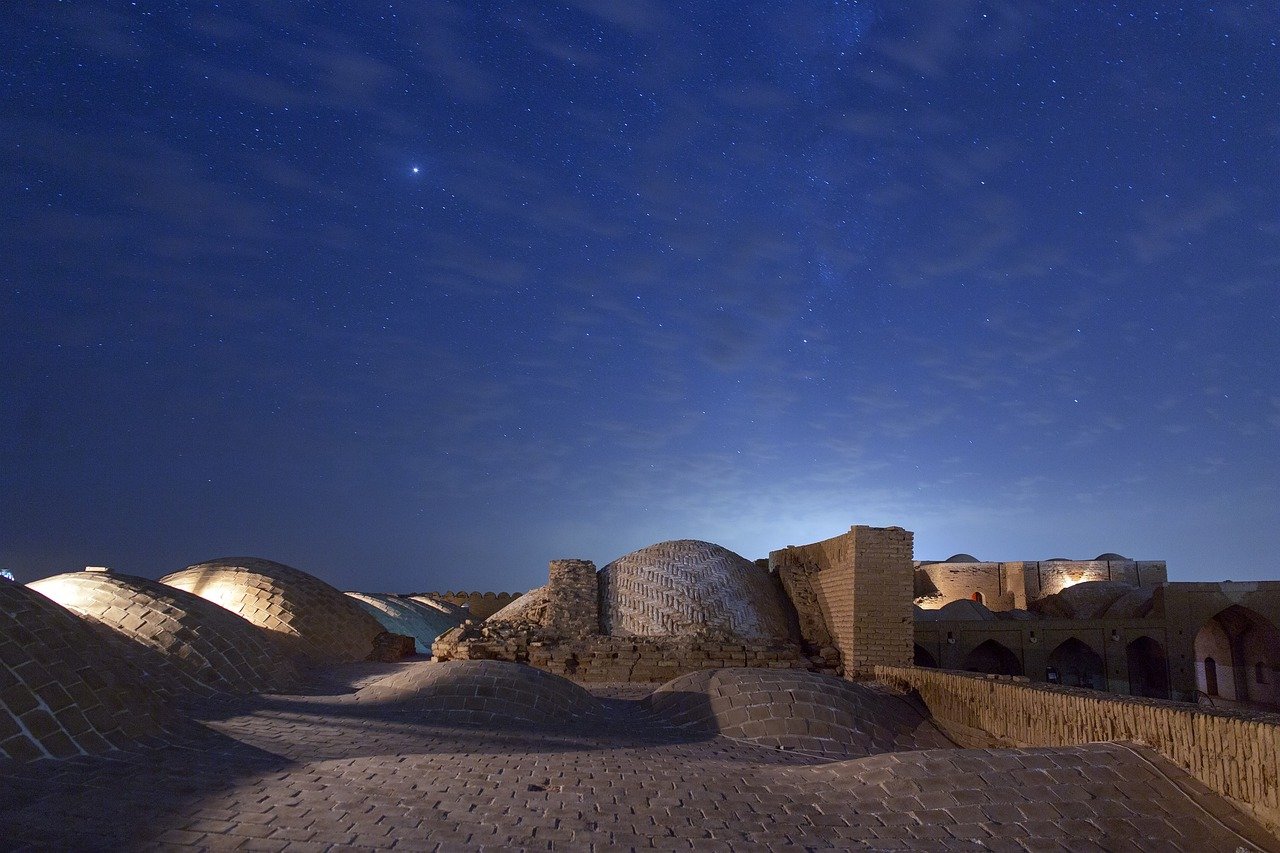Religion has been an important part of human society for a very long time, profoundly influencing societies and shaping cultures across millennia. From the rituals of ancient civilizations to the diverse beliefs of modern societies, the impact of religion permeates various aspects of human life. Similarly, in today’s digital age, the development of affordable web design has become a fundamental aspect of modern civilization, influencing how individuals and businesses communicate, interact, and present themselves online.
Just as religion once shaped the architecture of temples and cathedrals, web design now shapes the virtual spaces where communities gather, ideas are exchanged, and commerce thrives. In both cases, whether in the realm of spirituality or the digital domain, the design choices made reflect not only practical considerations but also deeply ingrained cultural values and aspirations.
Origins and Evolution of Religion Across Civilizations

Religion has been an integral part of human existence since ancient times. Across different civilizations, diverse religious beliefs and practices emerged, reflecting the cultural and societal contexts of their time. From the polytheistic pantheons of ancient Mesopotamia and Egypt to the monotheistic faiths of Judaism, Christianity, and Islam, religion has played a central role in shaping worldviews, values, and societal norms.
Social Cohesion and Identity
One of the most significant roles of religion is its ability to foster social cohesion and shape collective identity.
Religious communities provide individuals with a sense of belonging and community, uniting people under shared beliefs, rituals, and values. Whether through communal worship, religious festivals, or ethical teachings, religion strengthens bonds among believers and reinforces social solidarity across diverse societies.
Cultural Expression and Artistic Traditions
Traditions of creative expression and cultural expression draw much influence from religion. Throughout history, religious themes have permeated various forms of art, including architecture, literature, music, and visual arts. Religious stories and beliefs have molded cultural objects, giving them spiritual importance and aesthetic beauty, from the magnificent cathedrals of Europe to the exquisite calligraphy of Islamic manuscripts.
The influence of religion on society and culture is profound and far-reaching. From its origins in ancient civilizations to its contemporary manifestations, religion continues to shape human beliefs, behaviors, and cultural practices. Through fostering social cohesion, shaping collective identity, and inspiring artistic expression, religion remains a fundamental aspect of human existence, contributing to the richness and diversity of global cultures.

